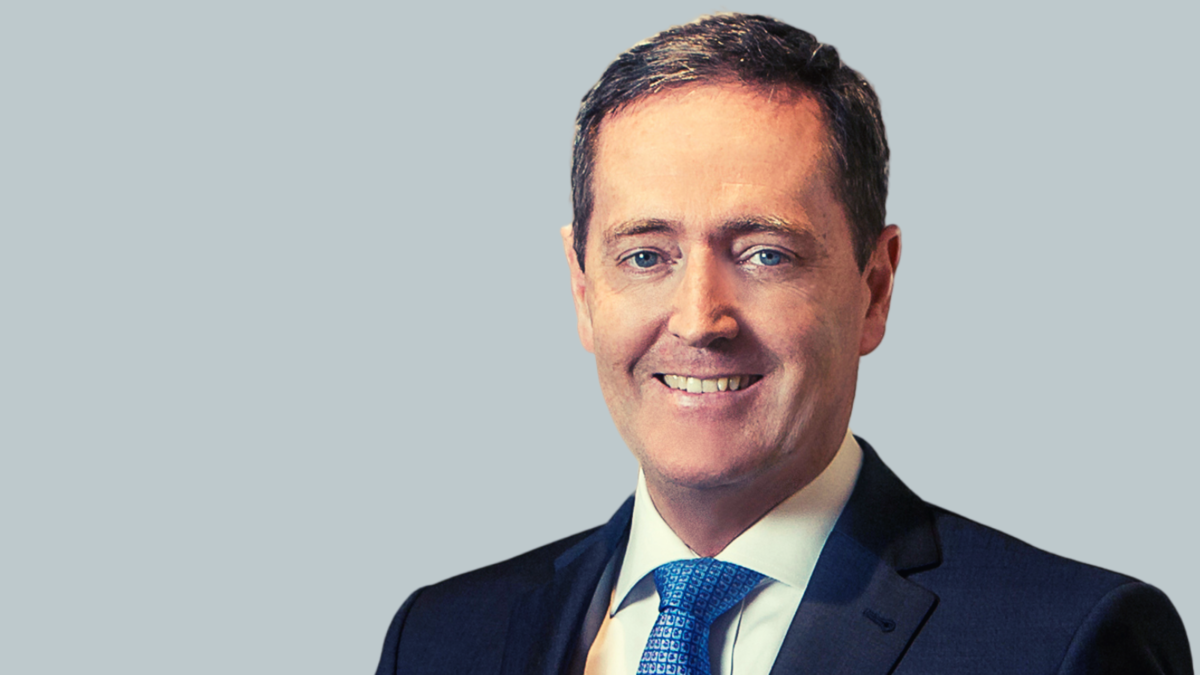Big funds shake home country bias, champion barbell strategies
Investment internationalisation is moving faster than ever, according to a study from NAB in partnership with the Association of Super Funds of Australia (ASFA). The study covers portfolio holdings disclosure data from 14 large super funds as of 30 June 2022, and builds on an initial report released in December 2022. ASFA and NAB aim to put out a third tranche of the data in April.
“The main motivation was to get a better understanding and be able to dig deep into particular asset classes, geographies, really to understand at an aggregate level what the current profile of investment is for MySuper, but also on an ongoing basis to build a time series around that,” said ASFA chief executive Martin Fahy (picture at top).
The study finds that most funds have a 46/54 domestic/international asset allocation in listed assets, compared to a 53/47 split in NAB’s 2021 FX Hedging Survey, which the authors believe suggests either the 14 surveyed funds have higher international allocations relative to smaller peers or that the trend toward greater internationalisation as FUM grows faster than domestic GDP is “proceeding apace”. The report’s authors say that the truth is probably “a bit of both”,
“The diversification across asset class, geography, currency is going to continue,” Fahy says. “With more and more capital being allocated offshore. We estimate 75 cents in every new dollar of contribution will need to go offshore, simply because of concentration risk, meaning increased diversification, increased allocation internationally.”
“You’re also going to see increased allocation to private capital markets, particularly around matching the long-term liabilities. Inevitably, the role of emerging markets – where we primarily play in the listed space – will change. To what extent can we start to tap into that emerging market opportunity in the unlisted space?”
The relatively high cash and unlisted property/infrastructure holdings of the super funds surveyed were also viewed as supporting evidence for the popularity of barbell strategies, where funds take advantage of the supposed illiquidity premium in unlisted assets but manage their cash holdings to ensure liquidity needs can still be met.
“If there’s a unique investment aspect to this it’s the barbell strategy,” Fahy says. “Australia is probably the biggest defined contribution (DC) system in the world, we’re highly liquid on one end but then also significantly invested in private capital markets, unlisted assets and illiquids. And that’s really unique across pension systems around the world.”
“The UK government is advocating this strategy at the moment; the Canadians have been pursuing it for quite some time. But I think we’ve become real proponents of it here and we’ve come really early to the party. Part of it was taking insights from the Canadians and sovereign wealth funds and bringing that into the DC setting.”
And while internalisation of investment management for the liquid public markets is fast becoming the norm, big funds are still opting for external managers for the unlisted space.
“Nearly half of all unlisted assets are externally managed by just 20 managers,” the report says. “In short, notwithstanding the spate of merger activity in recent years and the evident trend toward internalisation within the unlisted space, there is overwhelming evidence larger funds are still choosing to tap into the expertise of a large array of world class managers – a phenomenon we will keenly monitor over time.”











